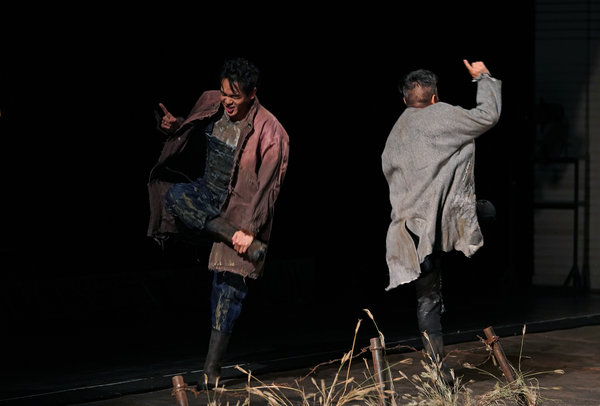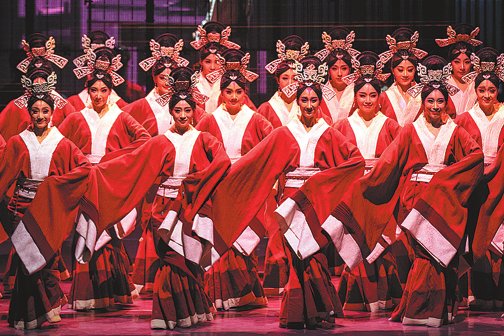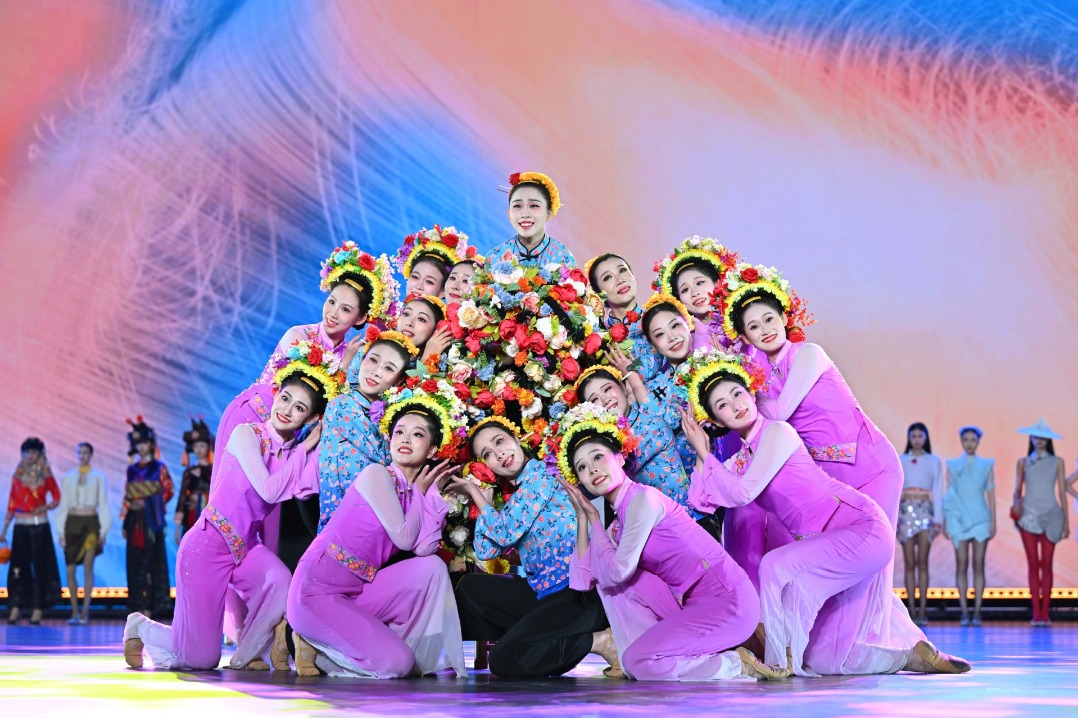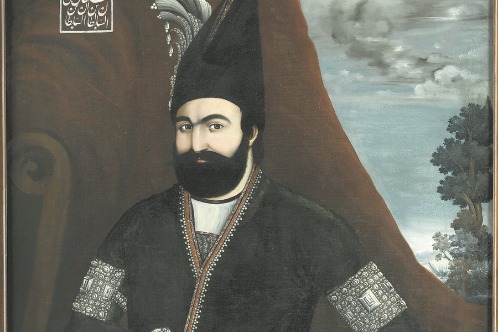The wait is over


A "river" flows around the room, the reflection of which can be seen in the mirrors on the ceiling of venues where the play is performed.
Although there are times when Vershinin and Tuzenbach "walk in the river", they are never able to get inside the room and the three sisters, meanwhile, never try to step out of it.
In the play, Lin has minimized direct communication between the characters and asked the actresses and actors to speak in the same manner they would in daily life.
Ye Shulin, a doctoral candidate at the Shanghai Theatre Academy, says Chekhov wanted to demonstrate that people cannot communicate with each other, while there is "a collapse of language" in Waiting for Godot.
The iconic lines from the two original stories, "let's go to Moscow" and "we're waiting for Godot" are spoken many times throughout this play.
It is believed that the audience "could not understand" the play twenty years ago, according to Xi Muliang, who directed a version of The Three Sisters Waiting for Godot at Peking University in 2011.
In 1998, Lin's play was originally scheduled for 24 performances but ended up only staging 19, but it was welcomed by some Chinese intellectuals at the time.
Author and critic Li Tuo thought the play was Lin's career best. Peng Tao, now a professor of drama literature at the Central Academy of Drama in Beijing, wrote in 2008 that the play showed Lin's inner exploration as an artist, calling the play a production in the "Don Quixote spirit".
TV and film actor Zhang Ruoyun and actress Huang Lu have been cast as Vladimir (Vershinin) and Masha in the new revival in Beijing.
"I'm grateful that contemporary audiences sat, watched the play and listened to the lines," Lin says of the play, which has a running time of two and a half hours.





































